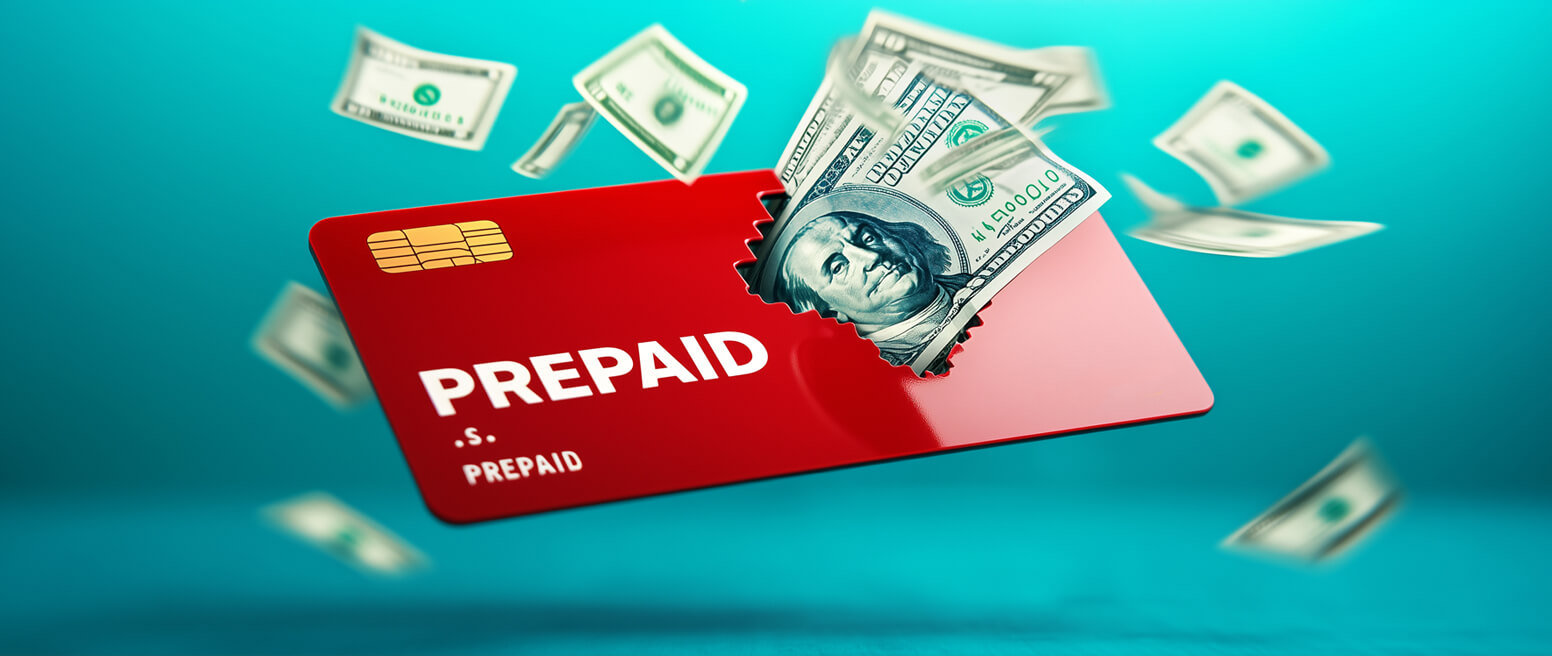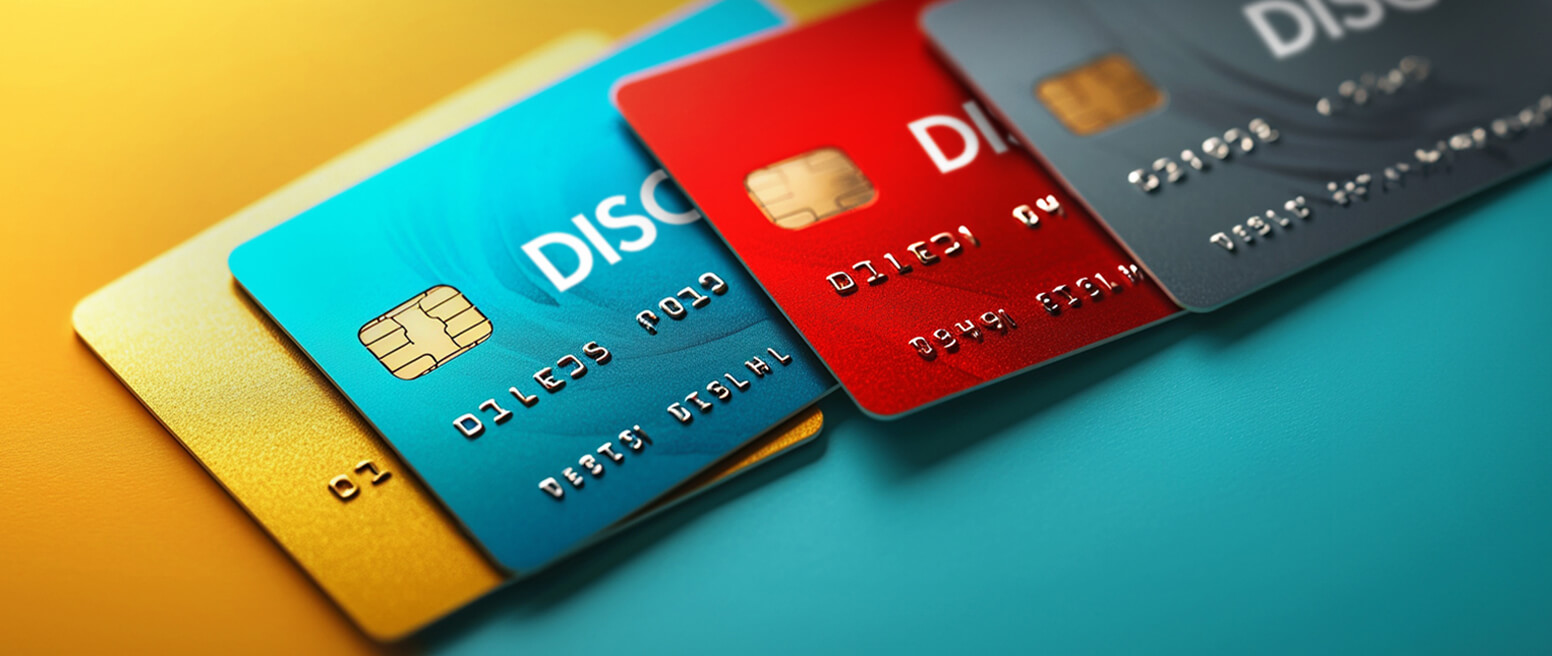Prepaid Card Chargebacks: A Growing Threat to Your Bottom Line
Consumers load hundreds of billions of dollars onto prepaid cards every year. $659 billion in 2022, to be precise. And, that’s great news for online retailers.
Prepaid cards allow for wider card usage, and can even open previously-unbanked individuals to the eCommerce marketplace. What happens when a transaction doesn’t go as planned, though?
Can a customer request a prepaid or gift card chargeback? The answer is yes, even if the purpose and process for doing so are both a little murky.
In this article, we’ll take a look at how prepaid card chargebacks work, how they’re filed, and the types of cards they pertain to. We’ll also discuss valid and invalid reasons for prepaid card disputes, and talk about ways to prevent and respond to them.
A prepaid card can be any kind of payment card that is tied to a preloaded balance, rather than an existing bank account or line of credit. This includes general purpose reloadable (GPR) cards, gift cards, prepaid debit cards, and payroll cards.
Recommended reading
- What is the Zelle Dispute Process? What Should Victims Do?
- Venmo Chargebacks: How Do Disputes Work on Venmo?
- Bank of America Disputes: Here's What You Need to Know
- Discover Card Chargebacks: Everything to Know in 2024
- American Express Chargebacks: Rules & Time Limits & More
- Stripe Chargeback Guide: Time Limits & Other Info You Need
Can Cardholders File Chargebacks on Prepaid Cards?
Prepaid cardholders do not have a legal right to dispute a charge. But, issuers will typically allow prepaid card chargebacks as a kind of customer courtesy.
Unlike credit and debit cards, cardholders are not legally entitled to a chargeback with a prepaid card. That’s not to say prepaid card chargebacks don’t happen, though; they definitely do.
Conventional debit and credit cards have solid rules and consumer rights. These are laid out in legislation like the Fair Credit Billing Act, and in rules published by the card networks.
With prepaid cards, there’s no legal mandate that cardholders have a right to a chargeback. In other words, banks are not required by the government to offer chargebacks for prepaid cardholders. The rules regarding prepaid card chargebacks are determined by the party who issued that card, and the relevant card network (Visa, Mastercard, etc.).
If a prepaid cardholder contacts the card issuer to dispute a charge, the bank will usually allow the dispute as a matter of courtesy to their customer.
How Does the Chargeback Process Work With Prepaid Cards?
Provided a prepaid card is eligible for a chargeback, the process is essentially identical to a debit or credit card chargeback. Here's a visual representation of how a prepaid card chargeback would work, followed by a more detailed breakdown of key steps in the process:
Many closed-loop prepaid cards, such as gift cards that can only be used at a particular store, are not eligible for chargeback protection. Cardholders who fall victim to gift card fraud or theft may be able to contact the associated merchant for a refund, but few protections are available beyond that point.
New evidence may be provided by the prepaid cardholder or the issuing bank following the initial chargeback that compels the issuer to conduct a “second chargeback” against the merchant.
If the merchant challenges this case, the chargeback proceeds to arbitration. In this final stage of the chargeback lifecycle, neither the merchant nor the issuing bank may challenge one other. Rather, the card network makes a final decision on the outcome of the chargeback. This decision is binding, and no further appeals are possible.
Unfortunately, cardholders who want to dispute unauthorized prepaid card charges in instances of loss or theft may not have much evidence to support their claims. Visa’s zero fraud liability policy, for instance, “does not apply to certain… anonymous prepaid card transactions.”
What Qualifies for a Prepaid Card Chargeback?
Cardholders may file chargebacks against prepaid card transactions for a number of legitimate reasons. Some common valid reasons for disputes include:
- The charge was unauthorized, resulting from theft or fraud
- Being charged more than once or for the wrong amount
- The merchant delivered defective or damaged goods
- The goods arrived late, or never arrived at all
- The product description was inaccurate or misleading
Of course, there are also numerous invalid reasons for cardholders to request disputes. Some examples here include:
- The cardholder regrets a purchase (buyer’s remorse)
- The purchase was made by a family member
- The cardholder didn’t like the goods once they arrived
- The cardholder didn’t feel like requesting a refund
- The cardholder is trying to defraud the merchant
How to Respond to Invalid Prepaid Card Chargebacks
Merchants can respond to invalid prepaid card chargebacks by engaging in the chargeback representment process.
To challenge an invalid prepaid card chargeback, merchants must present compelling evidence that rebuts the claims specified in the chargeback reason code provided by the issuing bank. The process involves:
- Taking note of the time limit for a response
- Pulling up transaction records and compiling evidence
- Drafting a response letter
- Submitting the response to the acquirer
Merchants should also bear in mind the tight time limits that are available to them when contesting chargebacks. Acquiring banks and payment networks impose dispute response deadlines, often giving merchants just 5 days or less in which to prepare and submit a response. Merchants have to race against the clock when preparing a chargeback response.
Learn more about representmentHow to Prevent Prepaid Card Chargebacks
Prepaid card chargebacks can put merchants in a tough spot.
It’s very difficult to track prepaid cards. This means that purchases made with one can lack accurate cardholder information, an origin-point for shipping and tracking, and other pertinent details which might aid a merchant in identifying fraud. It also means the merchant has limited data when challenging a prepaid card chargeback. Merchants are essentially “flying blind” here.
the global market for transactions involving prepaid cards will reach $14.4 trillion by the end of 2032. That’s why is important to understand prepaid card chargebacks now.
It’s possible to fight prepaid card chargebacks through representment. It’s extremely difficult, though, and there’s little chance of success. That’s why the safest bet is to prevent prepaid card chargebacks whenever possible.
Making a few adjustments to merchant operations, for instance, could drastically reduce the seller’s prepaid card chargeback rate. Some best practices include:
Ask the Experts About Prepaid Chargebacks
If you’re already experiencing a lot of chargebacks each month, odds are you know you need help. When it comes to new and emerging threats like prepaid card fraud and chargebacks, it pays to be prepared.
Chargebacks911 offers the industry’s only proven tools and strategies to tackle prepaid card chargebacks. No matter the source—credit, debit, or prepaid card chargeback—our combination of proprietary tools and human expertise can deliver the best results. period.
FAQs
Can you chargeback on prepaid cards?
Yes. You can file a chargeback against a purchase gone wrong if you used a Visa- or Mastercard-branded prepaid card. Typically, you have 120 days from the date of the transaction to file a prepaid card chargeback.
Can money be refunded back to a prepaid card?
Yes. Money can be refunded to most prepaid cards if you contact the merchant and return the item purchased in line with the merchant’s refund policy. Gift cards, however, may or may not be refundable, depending on the store’s policies.
Do prepaid cards have protection?
Yes. Consumers who make purchases using prepaid cards have protections against unauthorized charges, merchant errors, loss, theft, or defective goods.
Can prepaid cards be refunded?
Yes. Most prepaid cards function like debit and credit cards and can be refunded. However, some gift cards are not refundable.
Can a prepaid card be canceled?
Yes. You can cancel a prepaid card at any time by contacting the card issuer. You may need to withdraw all funds from the prepaid card before you cancel it. Other times, the card issuer may be able to mail you a check for the remaining balance, typically for a fee.













